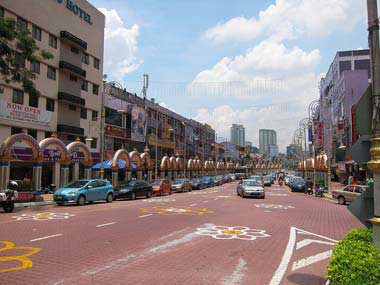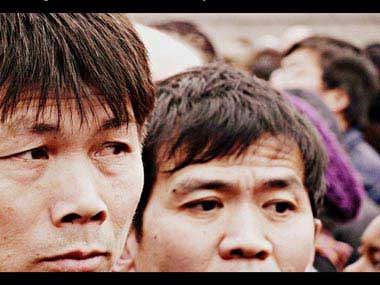Police recently arrested 27 suspects after street violence broke out in Singapore. The trouble started after a 33-year-old Indian man was fatally struck by a bus in a district known as Little India. Following this unfortunate accident, several hundred migrant workers took to the streets, targeting their anger at the local police. Railings were thrown, and police cars and an ambulance were set alight. By the time the rioting was brought under control some 18 people had been injured, most of them Singapore police officers.
One reason why this outbreak of violence has made such big headlines in Singapore is due to its very unexpected nature. It is no exaggeration to say that a riot in Singapore's bustling streets is practically unheard of. According to police commissioner Ng Joo Hee, the spontaneous rioting was the first he had ever encountered after more than 30 years service in Singapore. Tellingly, he concluded that resorting to violence against uniformed officers was “not the Singapore way”.
The fact is, a combination of strict government and a law-abiding ethos amongst its citizens means that public disorder is virtually unknown here. However, the incident has highlighted a potential flashpoint. Singapore relies heavily on foreign workers, especially in sectors such as the construction industry. Little India is known for its high concentration of migrant labourers. At evenings and weekends they congregate in this part of the city to browse through the shops, socialize, and also refresh themselves with alcohol – occasionally to excess.
But a trip into Little India the day after the riot gives a good idea of how incongruous the incident was. The prevailing mood is one of calm, with tourists having flocked back to the many cafes and restaurants. More to the point, the Indian construction workers are dutifully returning to their many building sites to continue with their hard graft.
At the initial signs of unrest, many local shopkeepers pulled down their shutters. One restaurant employee stated: “We shut the restaurant and stayed inside with the guests – they were scared and didn't leave till around eleven o' clock”.
While the rioting itself was the first that Singaporeans have experienced in decades, the potential for problems caused by large volatile crowds and excessive alcohol are perhaps easier to predict. The local authorities will continue liaising with the police on the ground, as well as touching base with the Indian High Commission. Things appear to have returned to normal extremely quickly.




